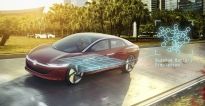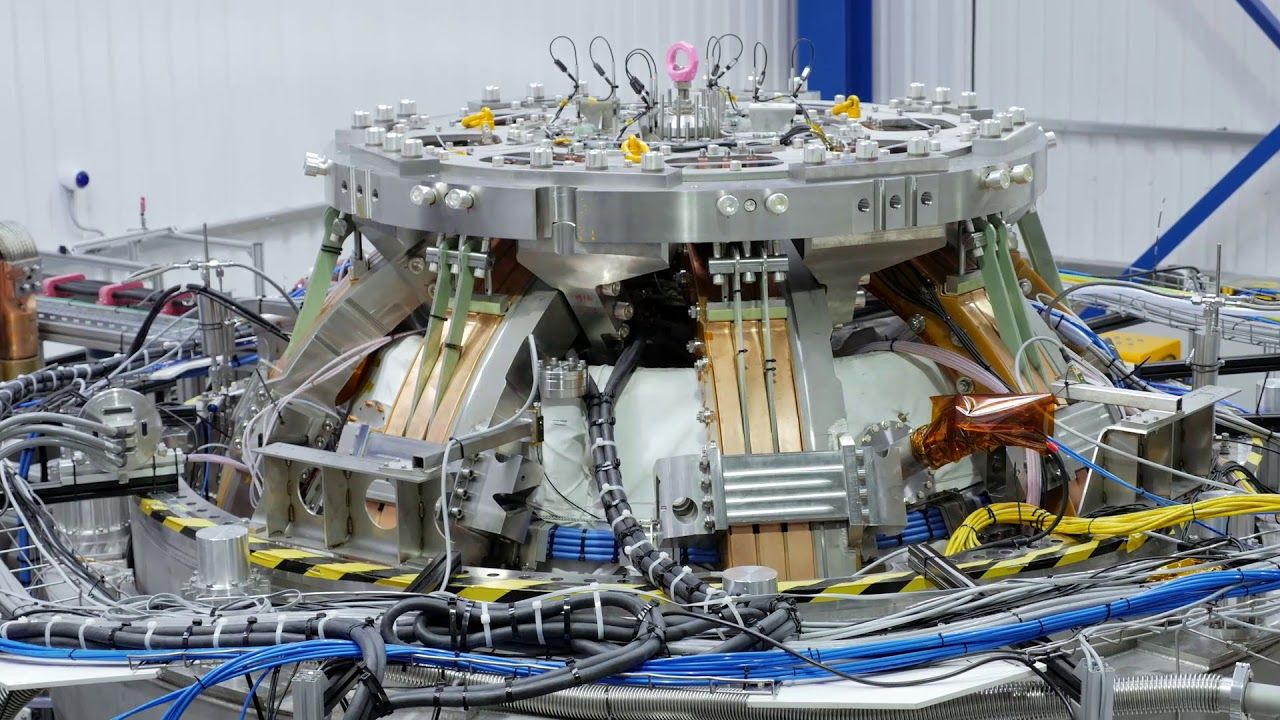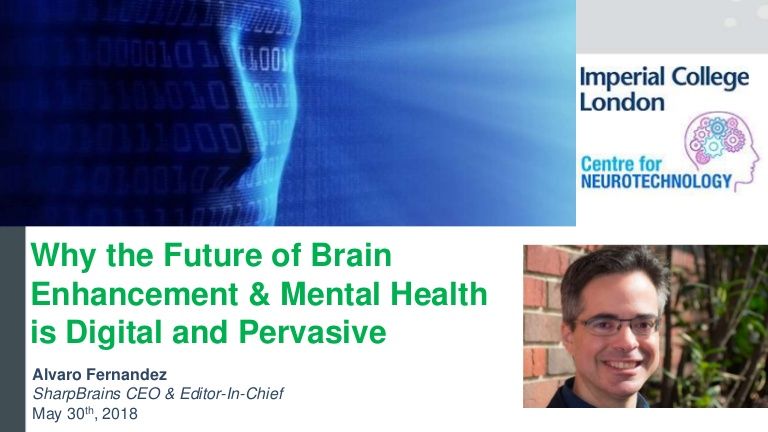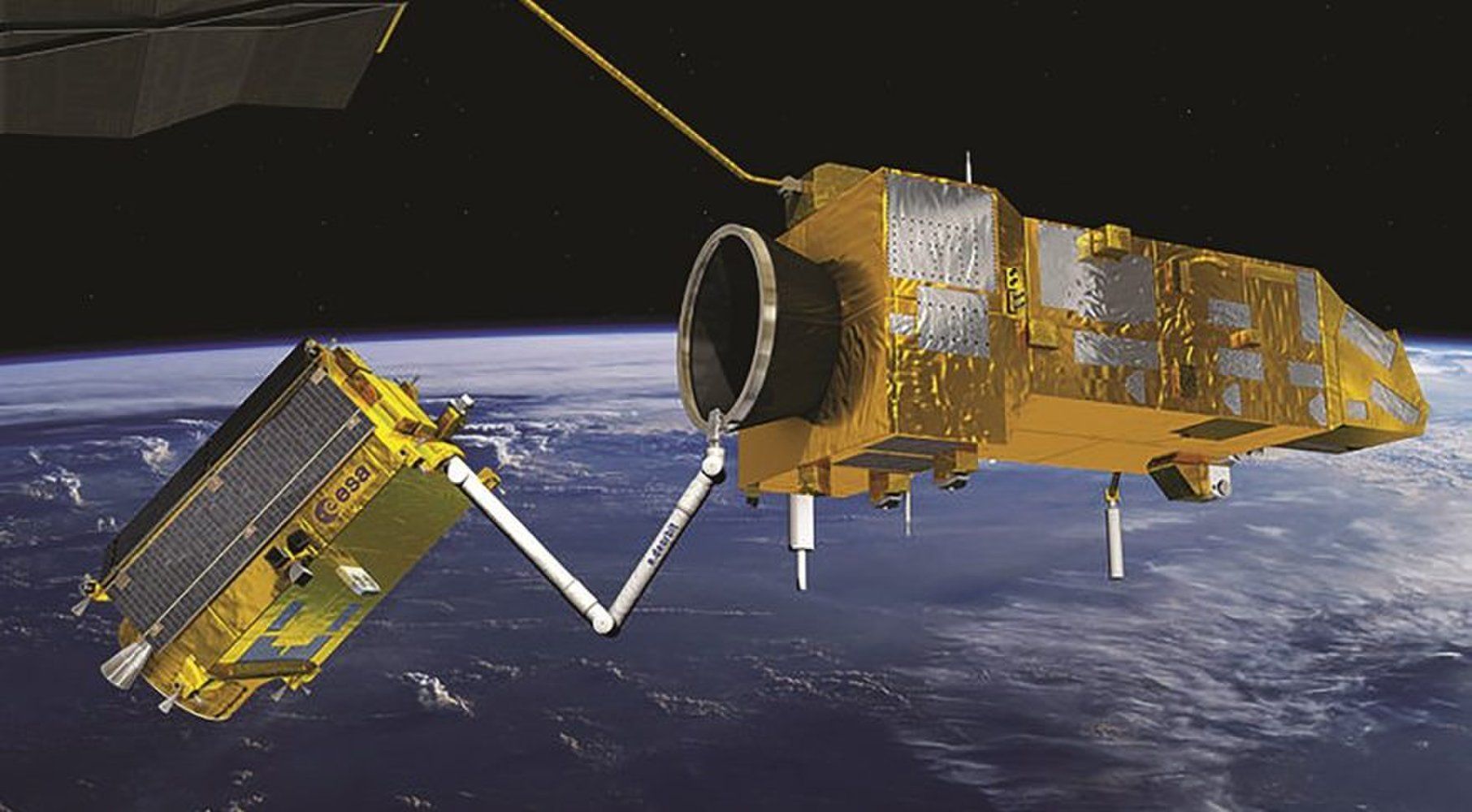
For the first time, Volkswagen experts have succeeded in simulating industrially relevant molecules using a quantum computer. This is especially important for the development of high-performance electric vehicle batteries. The experts have successfully simulated molecules such as lithium-hydrogen and carbon chains. Now they are working on more complex chemical compounds. In the long term, they want to simulate the chemical structure of a complete electric vehicle battery on a quantum computer. Their objective is to develop a “tailor-made battery”, a configurable chemical blueprint that is ready for production. Volkswagen is presenting its research work connected with quantum computing at the CEBIT technology show (Hanover, June 12–15).
Martin Hofmann, CIO of the Volkswagen Group, says: “We are focusing on the modernization of IT systems throughout the Group. The objective is to intensify the digitalization of work processes – to make them simpler, more secure and more efficient and to support new business models. This is why we are combining our core task with the introduction of specific key technologies for Volkswagen. These include the Internet of Things and artificial intelligence, as well as quantum computing.”
The objective is a “tailor-made battery”, a configurable blueprint Using newly developed algorithms, the Volkswagen experts have laid the foundation for simulating and optimizing the chemical structure of high-performance electric vehicle batteries on a quantum computer. In the long term, such a quantum algorithm could simulate the chemical composition of a battery on the basis of different criteria such as weight reduction, maximum power density or cell assembly and provide a design which could be used directly for production. This would significantly accelerate the battery development process, which has been time-consuming and resource-intensive to date.
Continue reading “Volkswagen tests quantum computing in battery research” »

















